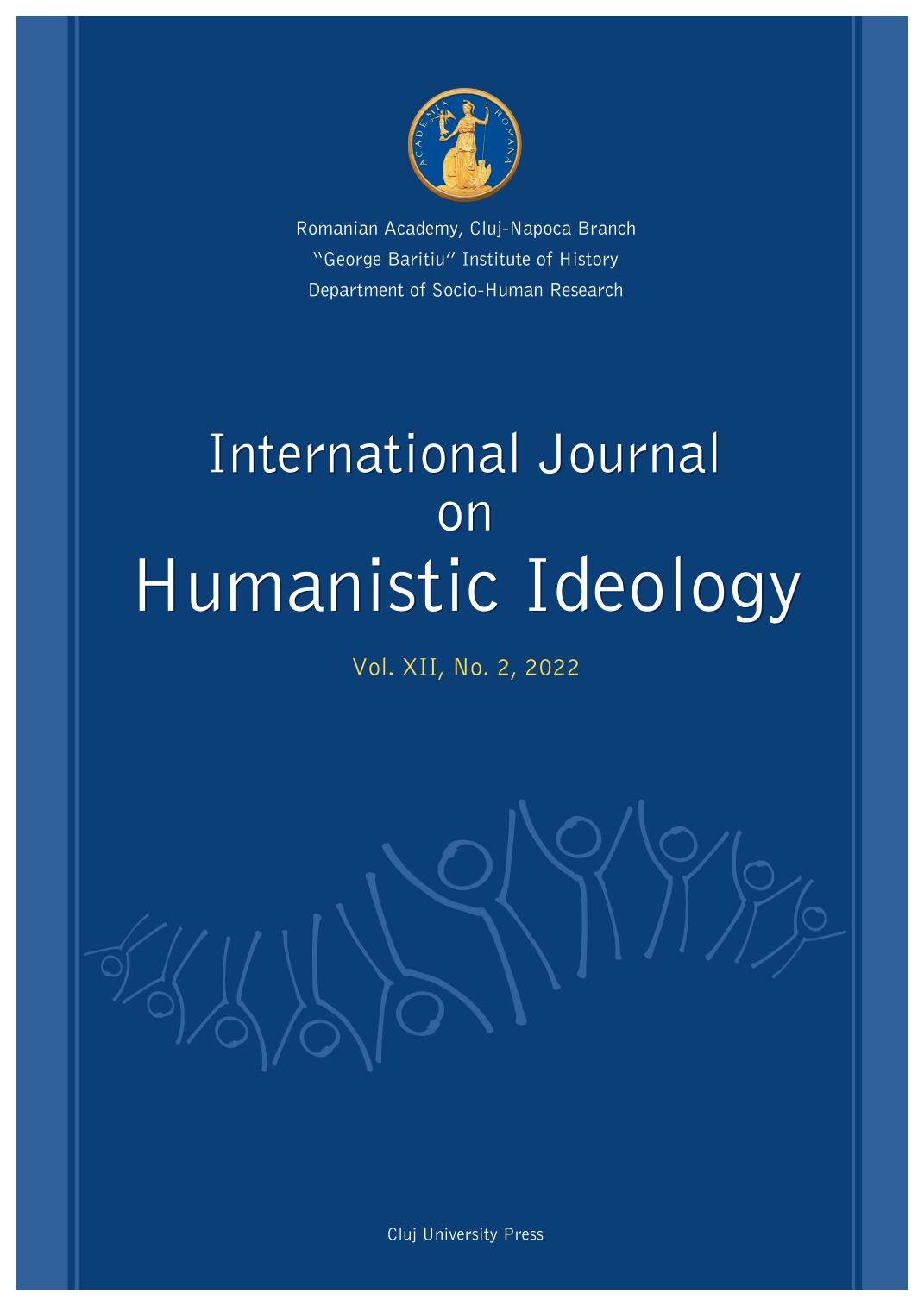Evidenz und kritische Verantwortlichkeit. Zu Ernst Tugendhats Auslegung des Wahrheitsbegriffs in Husserls Frühwerk
Evidence and Critical Responsibility. On Ernst Tugendhats Interpretation of the Concept of Truth in Husserl's Early Work
Author(s): Marcel HosuSubject(s): Philosophy, Metaphysics, Psychoanalysis, Phenomenology
Published by: Presa Universitara Clujeana
Keywords: Husserl; Tugendhat; evidence; truth; critical responsibility;
Summary/Abstract: The following paper discusses and contrasts two important works about the development of the concept of truth in Husserl’s oeuvre: Alphonse de Wæhlens’ book Phénoménologie et vérité and Ernst Tugendhat’s better known work Der Wahrheitsbegriff bei Husserl und Heidegger. The goal of the paper is to show the way in which Husserl’s position with regard to truth reaches certain impasses in his Logical Investigations and how these impasses were reframed in a positive manner so as to form a basis for a radically new philosophical undertaking: his transcendental phenomenology. The paper focuses on the immanent destruction of the classical concept of truth, unwillingly engendered by the conceptual framework of the Logical Investigations.
Journal: International Journal on Humanistic Ideology
- Issue Year: XII/2022
- Issue No: 2
- Page Range: 95-114
- Page Count: 20
- Language: German

